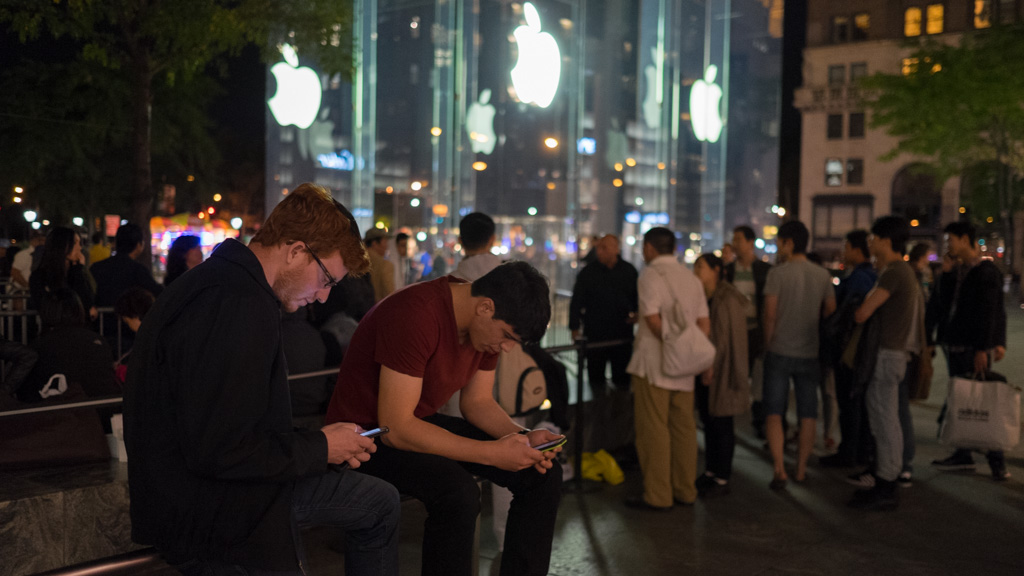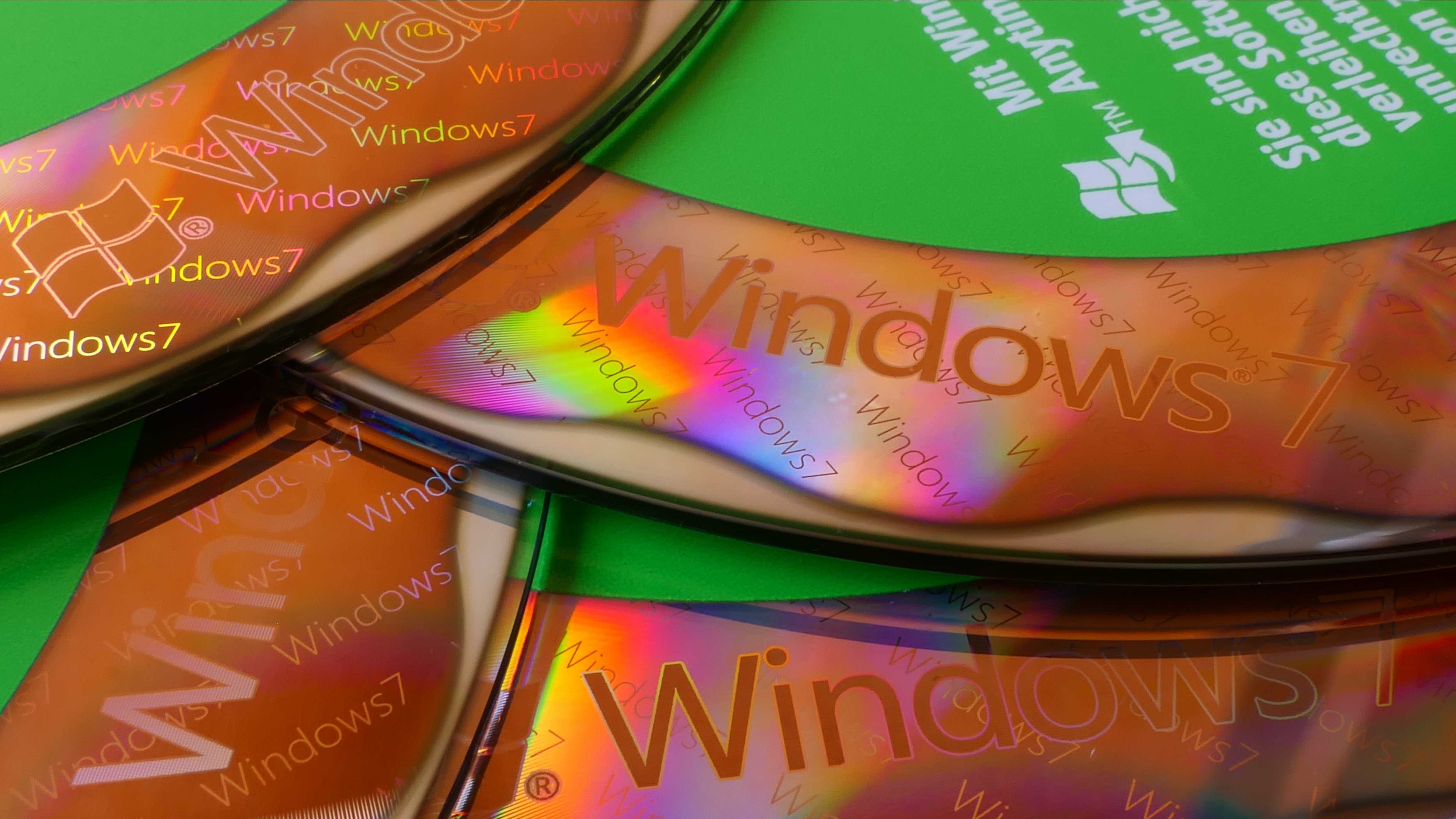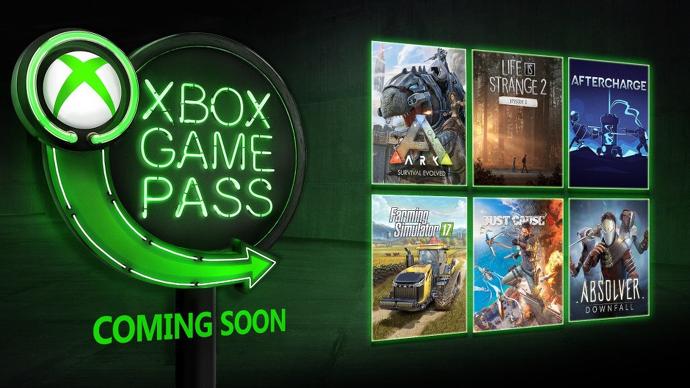Microsoft’s recent announcement that it was closing pretty much all of its Microsoft Store retail outlets (save for a couple of ‘Experience Centers’) is a sad, but not surprising, move.
During the Covid-19 pandemic we’ve seen a large number of bricks-and-mortar stores collapse, and if established stores that were popular before the pandemic are having to close, what hope did an unloved vanity project have?
If you’ve ever been to a Microsoft Store (and most people haven’t), then you’d have been instantly struck by how similar they are to Apple Stores. This is because they were basically rip offs. Microsoft clearly saw Apple’s classy and stylish (and popular) Apple Stores and thought, “we can do that.”
The problem was, Microsoft couldn’t. Apple is a brand that has a committed fan base. Many people love Apple and its devices (not me, I quite like some of its stuff, but I’d always choose a Windows 10 laptop over a MacBook). For some, using an Apple device is a status symbol. Others love their stylish design and excellent build quality.
This has translated to Apple Stores, which are bright, roomy, and stylish shops that seem to have managed some retail alchemy by further establishing the Apple brand as something hip and aspirational, while also convincing people to spend a lot of money there.
According to a retail report in 2017, Apple Stores manage a huge $5,546 of sales per square foot – far ahead of any other retailer.
So, it’s no wonder that Microsoft wanted to copy that. However, that doesn’t mean it should’ve.

Popular, but unloved
The problem with Microsoft is, unfortunately, the brand. Microsoft makes incredibly popular products, especially Windows 10 and Microsoft Office, but while they are popular, no one really loves them.
I've yet to meet someone with a real passion for Microsoft Office, and to be honest I'd probably be rather scared if I did. But if that love, that passion, for a brand does not exist, then you're going to struggle to replicate the retail success of a rival that does have that kind of appeal.
There are plenty of people who want to try out and possibly buy the latest MacBook or iPhone, and an Apple Store is a great place to do that. Does anyone feel the same way about a Surface device – no matter how good they are?
In fact, the only product that Microsoft has that has that kind of brand loyalty is its Xbox consoles. I have a feeling that if Microsoft Stores had been branded Xbox Stores, they could have been a lot more popular.
Microsoft Stores did have areas dedicated to its Xbox hardware, but having a gaming-focused part of the store nestled up against laptops and tablets for businesses and creatives just felt odd. It managed to appeal to no one.
So, the Microsoft Stores ended up being empty monument's to Microsoft's ego. They were often opened in premium locations in cities – the Microsoft Store in London, for example, is situated at a prime location in Oxford Circus, and it's only a few doors down from Apple's store.

That's actually one of the stores, alongside several other stores in prominent locations around the globe, which will stay open as an "Experience Center".
I have a feeling that's only because it would be too embarrassing to close those down after making such a song and dance over opening them. I can't imagine there will be big queues to enter those places.
Follower, not a leader
This isn't the only time Microsoft has tried emulating a competitor and failing, due to a mixture of being late to the party, and forgetting where its strengths are.
The sorry saga of Windows mobile phones was Microsoft's response to the successes of the iPhone and Android devices.
The Surface Earbuds look like they will be another failure of Microsoft to try to compete with an Apple product (the far more popular AirPods).
The Surface lineup of devices, many of which I quite like, sometimes feels as if they are just attempts for Microsoft to have premium hardware devices to compete with MacBooks and iPads.
Even the Xbox, one of Microsoft's more popular hardware devices, is at its weakest when it's simply yet another games console that can't compete with the popularity (or games library) of Sony's PlayStations.
All of these instances where Microsoft is following and not leading, are in various degrees failures. The ones that do still exist cannot compete sales-wise with their more popular competitors.
So, what can Microsoft do?

Know its strengths
I think one of the most important things Microsoft can do right now is accept - and embrace – its successes. Its Windows, Office and Azure services are all incredibly popular, and while none of them are 'sexy' or glamorous, they are responsible for the majority of money Microsoft makes.
They may not be loved, but they are successful – and that should be enough. The amount of users Windows 10 has compared to macOS is one area where Microsoft comprehensively pummels Apple.
So, Microsoft should stop chasing after shiny baubles and concentrate on its strengths. Windows 10 has had a number of high-profile issues with dodgy updates recently, and I can't help feel that some of that is because it's taken its eye off the ball.
Microsoft should embrace why people use its products, rather than jealously eyeing up its competitors. Focus on its core products and make them the very best they can.

Be different
I'm not saying Microsoft should stop trying new things or innovating, however. But what I'd like to see is for it to do something different. Rather than copying a rival, do something that they've not done before.
It's worked for Microsoft before. In many ways the Xbox One is an inferior games console to the PS4. It can't compete with the first party offerings that Sony's studio produce.
But when it does something different with Xbox Games Pass – a games subscription service that neither Sony nor Nintendo offer – it actually offers a compelling reason to buy an Xbox. Its popularity means I wouldn't be surprised if Sony and Nintendo try to bring out something similar (PlayStation Now kind of does that) - and it's a great example of Microsoft leading – not following.
I also admired what Microsoft did with the Surface Go and Surface Go 2. These are more affordable versions of Microsoft's premium Surface Pro lineup, and what's exciting about them is that its rivals are not making affordable versions of their high-end devices. The likes of Apple and Google – in the computing space at least – are still fixated on releasing high-end, premium and very expensive machines.
With the Surface Go 2, Microsoft is trying something different by making a Surface device that's more affordable for many people, without cutting down on the design and build-quality.
Even if the Go 2 isn't a complete success, I'm still glad Microsoft made it.
So, more of that, please, Microsoft. Know your strengths, play to them and be bold. No more expensive follies trying to be something you're not.
Oh, and make sure you give all the Microsoft Store staff you're letting go the help and support they need.
- These are the best laptops of 2020
July 04, 2020 at 10:00PM
Matt Hanson
Tidak ada komentar:
Posting Komentar